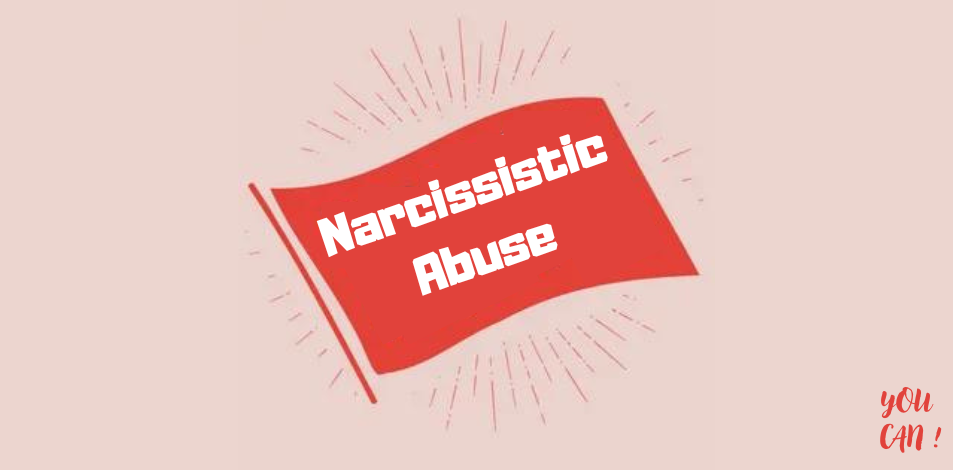
Home isolation, economic hardship, and disrupted social systems during the pandemic have created stressful conditions for domestic violence. Partners and family members of people with pathological narcissism or narcissistic personality disorder (NPD) are already at high risk for abuse.
A recent American Psychiatric Association survey on life during the coronavirus outbreak found that a majority of Americans (59%) are experiencing serious daily impacts and a third of Americans (36%) are experiencing serious mental health impacts. Cities around the world are reporting a rise in domestic violence. On April 6, United Nations Secretary-General António Guterres denounced “the alarming global rise in domestic violence” and called on governments around the world to “put the safety of women [and girls] first as they respond to the pandemic.”
Narcissistic personality disorder is characterized by emotional volatility, a lack of empathy, delusions of superiority, and entitlement, and is associated with personal exploitation, anger, and aggression, often directed at family members. Worse still, narcissists compulsively deny their behavior and project it onto the people they’ve hurt, often cultivating a likable or even benevolent public persona that belies their ongoing abuse behind closed doors.
Here are eight misconceptions about narcissistic abuse that are as dangerous as they are wrong.
It’s not physical, so it’s not abuse. Narcissistic abuse can be physical and sexual, but it often involves psychological and emotional abuse such as constant judgment, belittlement, and blame. Studies show that nonphysical abuse is often just as painful as physical abuse, leaving lasting scars that can have long-term physical and mental health consequences (CPTSD).
But everyone sees us as the perfect couple/family. Narcissists value outward signs of success and status and often go to great lengths to present themselves well to strangers. Domestic abuse occurs in all types of homes, regardless of socioeconomic and educational differences. Whether you wear designer clothes or secondhand clothes, you’re vulnerable to narcissistic abuse and trauma. It’s not a mental illness because it’s undiagnosed. Most people with Narcissistic Personality Disorder remain undiagnosed. Their delusional belief that they are above reproach and their refusal to self-reflect or take responsibility means that they rarely seek or adhere to treatment. As the saying goes, “Narcissism is a disease that everyone can cure except the person suffering from it.”
They are out of control and can’t control it. Narcissists know right and wrong like everyone else and can control their behavior when it suits them. When they want something or are with someone they admire, they can be overly demanding and/or charming. When they vent their anger and contempt, they know what they are doing and choose to do it.
He/she had a difficult childhood. Many people experience trauma and hardship and never become narcissists or abusers. Tolerating a narcissist’s abusive behavior and shielding them from consequences only leads to more abuse and perpetuates harm in families and across generations.
But they are sometimes kind. Most people are nice sometimes, and narcissists are no exception. When they don’t feel threatened, narcissists’ spouses, siblings, or parents can be helpful, insightful, or entertaining. This doesn’t excuse or negate the damage they do when they feel insulted, competitive, or entitled to more.
Adults can leave a situation. Leaving an abuser, especially a manipulative, vengeful narcissist, is rarely easy. Partners of narcissists, especially women, are often isolated from friends and family, drained of their finances, forced to comply with threats of abuse, withdrawn support, lose custody of their children, and become homeless. They are often victims of childhood trauma, vulnerable to cycles of abuse.
Real abuse only happens in someone else’s family, in someone else’s city. Perhaps the most devastating belief about abuse is “It couldn’t happen to me.” Victims of narcissistic abuse typically endure years of assault on their sense of identity, safety, and sanity while being told that the abuse didn’t happen or that they were responsible for it. Denying our vulnerability and pain is often a natural response to trauma, especially in childhood when we have little power over our circumstances. But abuse is part of the human condition, and abusers are alive and well in our institutions, communities, neighborhoods, and families.




